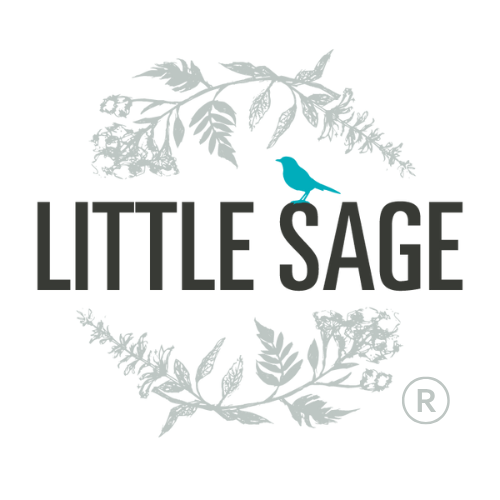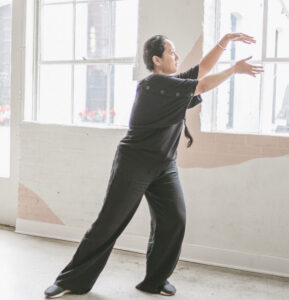What if there was a form of movement designed not to push you, but to restore you — especially when you’re exhausted?
We live in a culture that worships intensity.
“Push through.”
“No pain, no gain.”
Even in healing spaces, movement is often measured by how hard we can go. But for many women living with chronic illness, that mindset becomes its own kind of wound.
Conventional exercise — the kind that demands more than your body can give — can leave you not stronger, but more depleted. You might finish a workout with your heart racing, your body trembling, and a familiar whisper rising inside that something’s not right.
I know that whisper well. There was a time when I believed healing meant doing more — stretching further, running faster, pushing past fatigue to “build resilience.”
But the harder I tried to force my body into strength, the more it rebelled.
It wasn’t until I discovered Qigong — not as a workout, but as medicine — that I began to understand what true restoration feels like.
Qigong is a Different Kind of Power
Qigong isn’t about calories or muscle tone. It’s an ancient form of energy medicine rooted in Traditional East Asian wisdom — created to replenish life force, not deplete it.
In my work with women living with chronic illness, I teach trauma-informed Qigong— one that honors the body’s thresholds, emotional landscape, and the deeper stories held in its tissues.
Because not all Qigong is the same.
Some forms are structured around martial arts or rigorous discipline. What I teach is softness as strength — the art of listening inward, moving energy through compassion instead of control.
My approach is designed for the women that honor female physiology, energy cycles, and the unique ways women’s bodies experience fatigue and pain.
Especially for whose body has carried too much for too long — the one whose nervous system is tired, whose spirit feels far from home.
Through breath, gentle movement, and energy awareness, Qigong becomes not just an exercise but a dialogue with your inner healer.
When Trauma Lives in the Body
Many of the women I work with have lived for years with symptoms that doctors can’t fully explain — fatigue that never lifts, pain that moves, a sense of heaviness that no amount of rest can fix.
What I’ve learned, both through my own body and through the women I’ve guided, is that chronic illness is often not just a physical condition — it’s a reflection of what the body has endured and held.
Trauma — especially unhealed or ancestral trauma — reshapes the way the body and nervous system function. It keeps us in cycles of vigilance, exhaustion, and disconnection.
When this happens, the flow of Qi, or life energy, becomes constricted. The body can’t easily access the states of safety and repair needed for deep healing.
Qigong, practiced with trauma awareness, becomes a gentle way to begin unwinding this pattern.
Instead of forcing the body to move, we invite it to trust again. Each slow movement, each intentional breath, sends a signal of safety through the nervous system. Over time, this softness rebuilds vitality from the inside out — not by overriding the body, but by listening to it.
The Medicine of Slowness
Slowness is often misunderstood. In a world that moves too fast, slowing down feels countercultural — even rebellious.
But when you move slowly, you enter a different kind of time, the body’s time.
Each movement in Qigong gives your body permission to feel safe again. Your breath deepens. Your energy begins to flow. The mind quiets enough to hear what your body has been trying to say all along. This is where healing begins — not in force, but in relationship.
A New Way to Participate in Healing
Qigong, practiced in this way, offers something rare. It's a way to participate in your healing without overriding your body’s limits.
Even on days when fatigue feels heavy or pain flares, you can still show up — seated, standing, or even imagining the movements with your breath. The medicine still works. The energy still flows.
In my upcoming free masterclass, I’ll share how gentle medicine like Qigong can unlock energy when nothing else has worked, and how a trauma-informed, feminine approach to movement can begin to heal the deeper wound beneath the fatigue.
I’ll even guide you through a short Qigong practice — one that helps your body exhale for the first time in a long time — so you can feel the shift for yourself.
 Reserve your seat below
Reserve your seat below 
Healing the deeper wound: A Trauma-Informed Masterclass for Women with Chronic Illness
This free masterclass reveals a trauma-informed approach, tailored to women’s physiology and feminine energy, designed to reach the deeper wound that conventional treatments (and most wellness practices) leave untouched.

